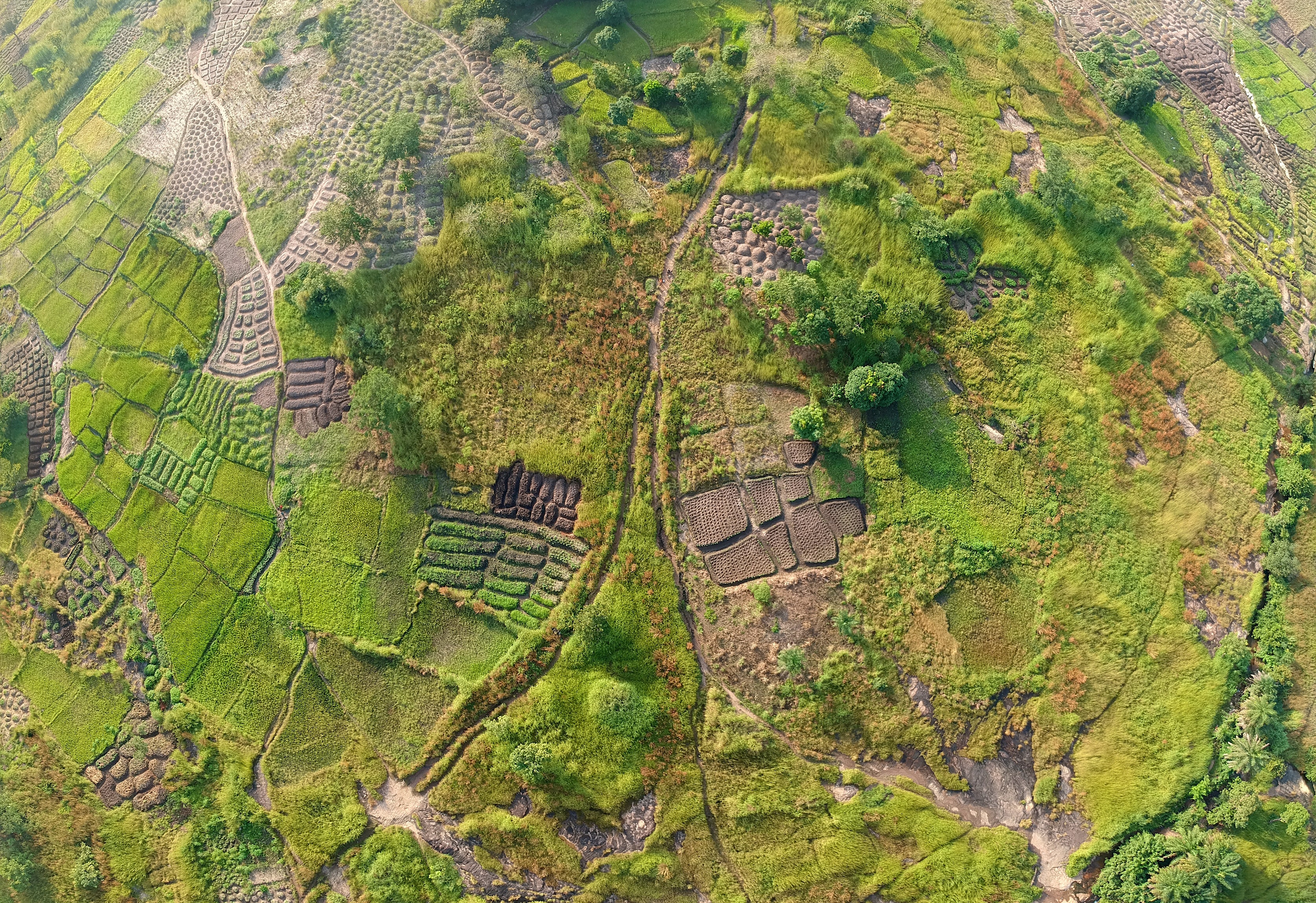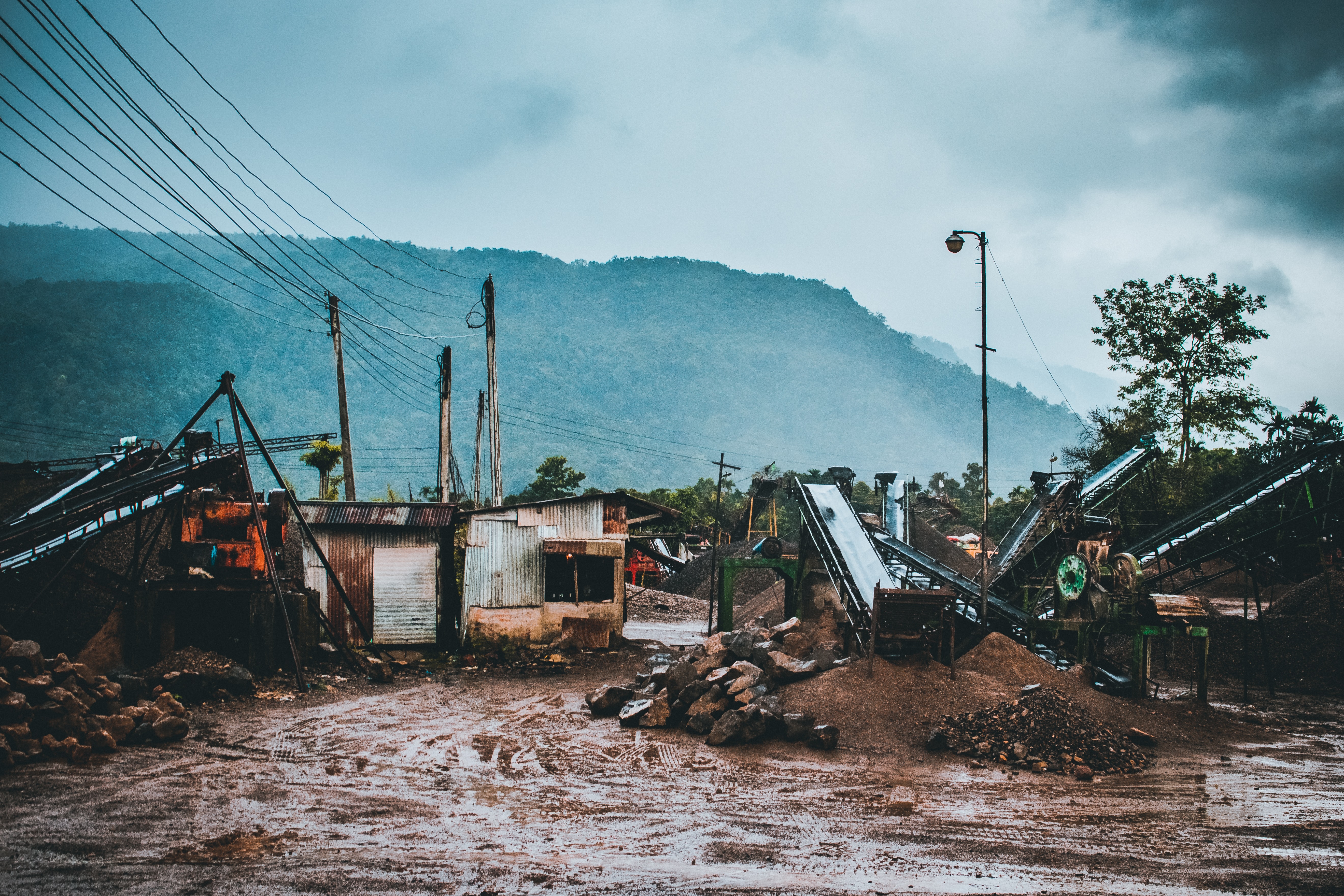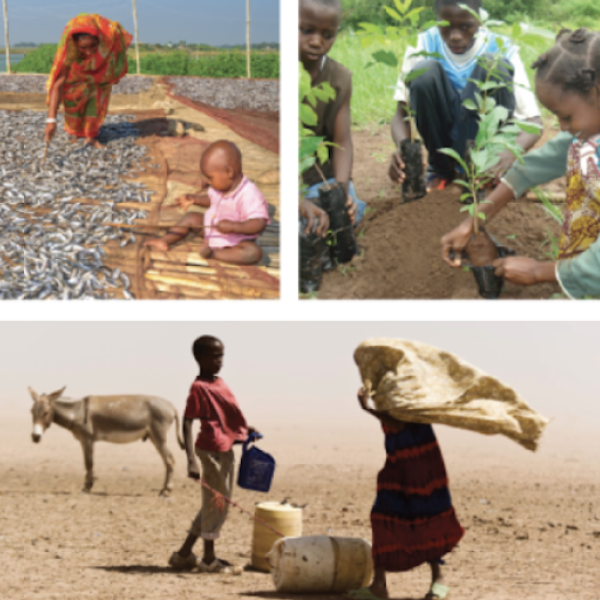Climate Adaptation
Climate shocks and stresses are creating dire consequences for people and the environment upon which we depend. Helping communities anticipate, prepare for and adapt to climate impacts is key to resilience.
Understanding the Climate Challenge
Climate Change is a Global Crisis
The Impacts of Weather and Climate Events
Climate Adaptation Builds Resilience
Climate adaptation refers to the adjustments individuals, communities and countries make to limit the negative effects of actual and expected climate impacts. Adaptation strategies are key to climate resilience and may include:
- Expanding access and use of data, information and knowledge to strengthen climate resilience
- Increasing the resilience of key development sectors and services including agriculture, water, health, education, infrastructure, urban, disaster risk management, biodiversity conservation and more
- Mainstreaming adaptation in policy, plans and social safeguards at all scales
- Strengthening the capacity of institutions, civil society organizations, the private sector and communities to incentivize and implement inclusive climate-smart approaches
USAID’s Climate Strategy guides USAID’s efforts through 2030 to advance equitable and ambitious actions to confront the climate crisis. USAID will pursue targeted direct action and systems change to achieve climate adaptation and mitigation goals.
US and USAID Focus on Climate
Aligning Programs and Investments to Advance Climate Adaptation
USAID's Climate Strategy Framework: Adaptation Components
- Take, Support, and Facilitate Targeted Direct Action to Build Climate Resilience
- Accelerate and scale targeted climate actions to build climate resilience and mobilize finance for adaptation while partnering with indigenous peoples, local communities and critical populations to lead climate action.
- Drive Systemic Change to Enhance Climate Resilience
- Catalyze transformation of key systems and essential services to enhance climate resilience; transition to net-zero resilient economies; promote coherence among humanitarian, development and peace actors; and strengthen responsive, transparent governance and citizen engagement.
- Follow Core Principles:
- Locally Led Development. Sustainable and equitable climate actions should be locally led, owned and implemented and be tailored and appropriate for their local context.
- Equity and Inclusion. USAID will center its actions in the context of the diverse communities in which we work and will engage local, marginalized and underrepresented groups as agents of change.
- Private-Sector Engagement. USAID will partner with the private sector to expand the scale, impact and sustainability of its programs.
- Nature-Based Solutions. USAID will elevate nature-based solutions as key tools to absorb carbon, reduce disaster risk, support livelihoods and improve food and water security.
- Evidence and Innovation. USAID will support the rigorous research, technology, and development needed to identify and deploy effective climate solutions, including those locally known and developed.

Climate Information Services
Climate information services involve the production, transfer and use of climate information to help people prepare for and adapt to an increasingly variable and unpredictable climate.

Climate Finance
Additional finance is needed across all sectors to address climate change impacts. Catalyzing additional public and private investments can promote climate adaptation and resilience.

Climate-Smart Food & Agriculture Systems
Shifts towards climate-smart agriculture and food systems are critical to ensuring that livelihoods are resilient to climate shocks.

Nature-Based Solutions
Nature-based solutions address climate impacts through measures that conserve, manage and restore ecosystems.

Disaster Risk Reduction
Helping communities predict and prepare for disasters minimizes losses, reduces vulnerabilities and builds adaptive capacities, all while safeguarding development gains.

Water Resource Management
Water resources sustain aquatic ecosystems that play an outsized role in climate resilience.
Share Climate Resilience Resources
Have a resource you think will be valuable to the ResilienceLinks community? View our criteria and submit it here.






